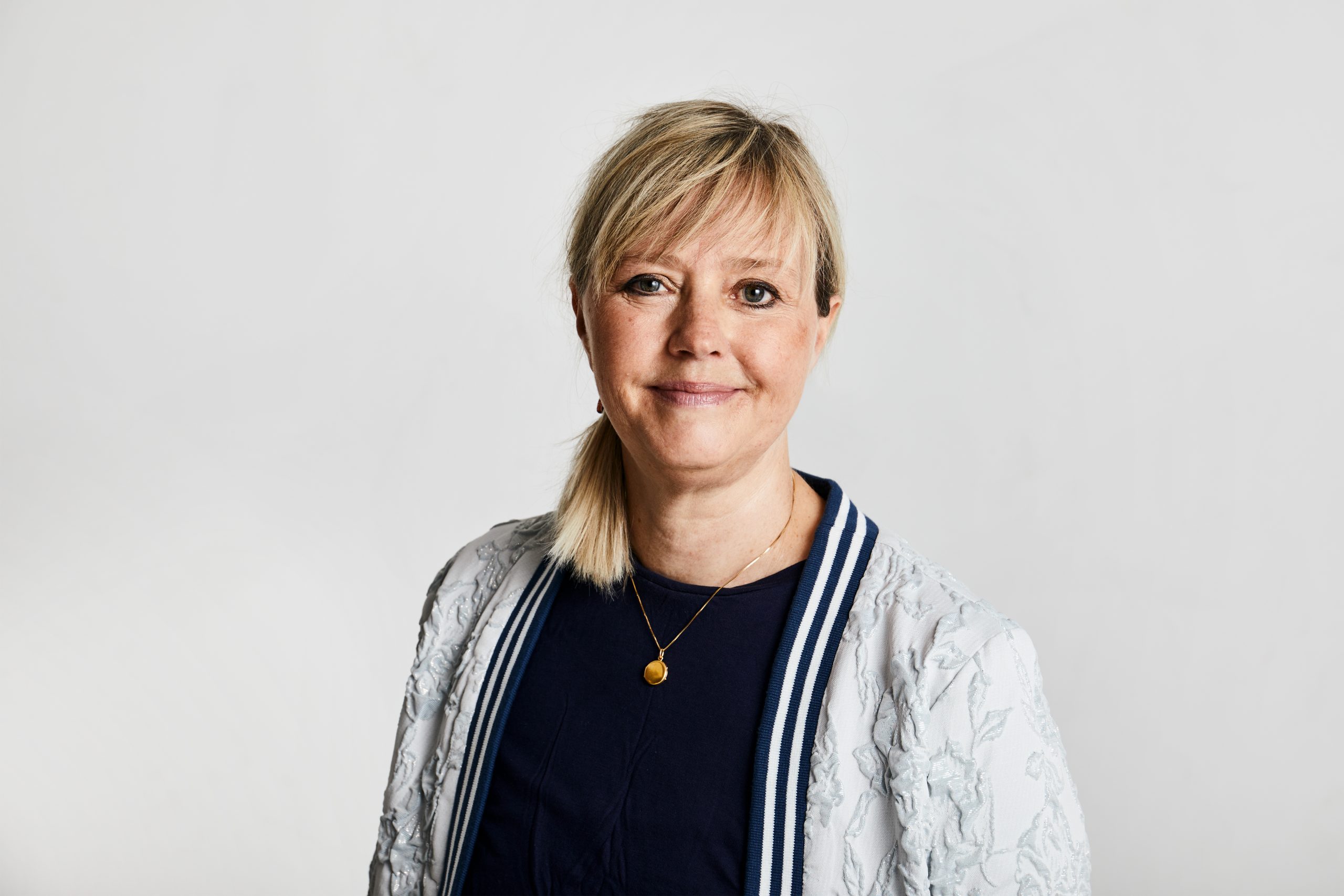PhD and scientist Hanne Birke has received DKK 5.45 million from the Novo Nordisk Foundation to test new strategies for making more cardiac patients join and remain in heart rehabilitation regimens. The grant is one of fourteen grants awarded by the Foundation under the Coherence in Health Care programme.
Only half of cardiac patients participate in heart rehabilitation, which among other things involves physical exercise, dietary changes, and help to stop smoking. This constitutes a major health problem, as heart rehabilitation can help to ensure that individuals with a heart condition do not deteriorate or develop further heart conditions.
The problem of low heart-rehabilitation participation is now being addressed, as PhD and scientist Hanne Birke from the Center for Clinical Research and Prevention at Frederiksberg Hospital has been awarded DKK 5.45 million by the Novo Nordisk Foundation through its Coherence in Health Care programme.
In collaboration with her colleagues, Hanne Birke will use the grant to test new approaches to convince especially vulnerable individuals with heart conditions to accept rehabilitation and carry through with it, to ensure that they do not fall through the healthcare system and see their condition deteriorate.
“There are various contributing factors when individuals with heart conditions do not participate in or drop out of rehabilitation. Our research project will address different issues with the aim of making it easier for individuals with heart conditions to participate in rehabilitation and be persistent,” Hanne Birke explains.
Too many patients fall out of the system
Individuals in need of rehabilitation following a diagnosis face many barriers.
Some feel too old, others too young, and yet another group feel that the rehabilitation centre is too far away, or they would rather spend their time working. And for many Danes of ethnic minority origin, language and culture can pose a challenge as well.
Additionally, rehabilitation is offered by both hospitals and municipalities, and it is clear that many patients drop out during the transition from hospital to municipality.
“Our project is about building greater coherence between the rehabilitation services and increase communication between healthcare workers to ensure that the patients are retained and do not drop out,” Hanne Birke explains.
Aiming to increase heart rehabilitation participation to 70 percent
During the project, named Heart Rehabilitation For All: The HeRTA Study, the researchers will test a number of approaches, aiming to increase participation in heart rehabilitation from the current 50 percent to 70 percent.
A total of 228 subjects with ischaemic heart disease, cardiac valve surgery, heart failure or persistent atrial fibrillation will participate. The subjects will be randomised to receive the existing heart rehabilitation service, or the service developed by the scientists behind the study.
The newly developed service includes many elements intended to make it easier for vulnerable Danes to join a heart rehabilitation process. This includes help with transportation to and from rehabilitation, interpretation services, psychosocial support, the offer of participation in community sports after completed rehabilitation, support from health consultants, medicine review at the post-treatment consultation, training in coping with a heart condition, developing a training regimen, training in smaller groups, counselling by the Danish Heart Association, a municipal contact person and much more.
“The support initiatives have been developed in collaboration with a panel of cardiac patients who have undergone heart rehabilitation. The purpose is to test different approaches and to make the heart patients feel more at ease about their rehabilitation, giving them the best possible chances of managing and coping with their heart disease, Hanne Birke says.
At this early stage, the scientists have already recruited the first 44 heart patients, and they will continue with the recruitment over the next year, until all 228 subjects have been found. Hanne Birke expects to have the results of the study ready in the summer of 2025 but points out that results will be published continually during the study.
The grant for Hanne Birke’ research is part of an overall grant amount of DKK 58.7 million that has been awarded for 14 research projects within the scope of Coherence in Health Care. See all 14 grantees here.
About Coherence in Health Care
The purpose of the programme is to sponsor research-based projects operating within the limits of the existing healthcare system and aiming to explore and uncover issues that affect the coherence of care trajectories in the Danish healthcare system from the perspectives of patients and citizens. Additionally, the purpose is to deploy research collaboration across various healthcare sectors to create evidence-based insight into how new and optimised patient regimens and solutions can be tested and implemented.









